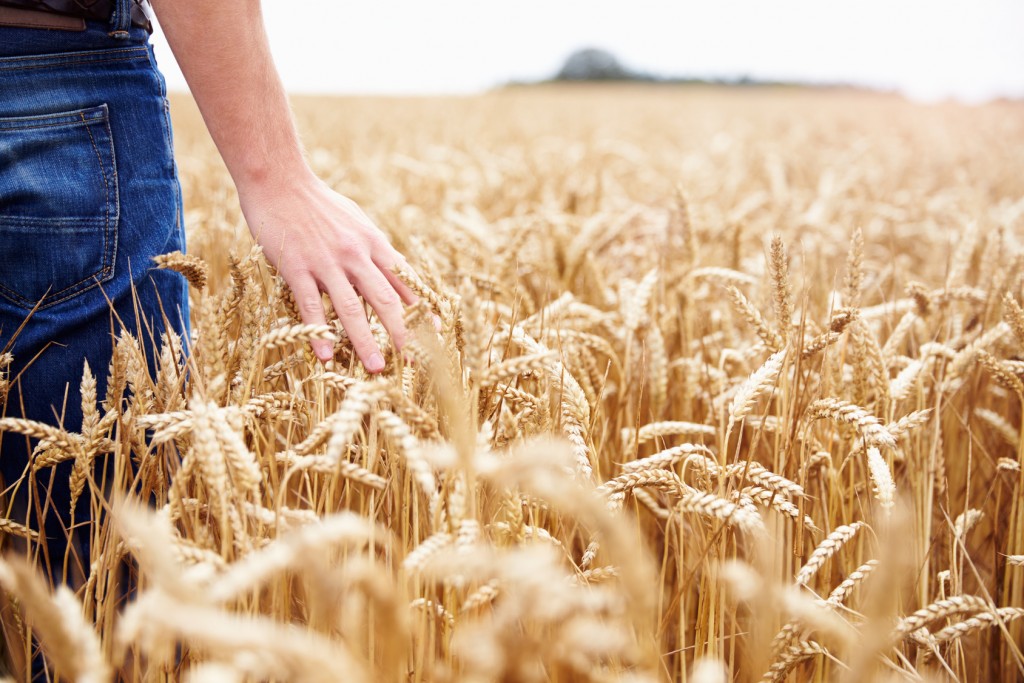Agricultural innovation plays a critical role in maintaining food security and improving the well-being of people across the globe. As the world population is expected to reach 9.8 billion by 2050, food needs will escalate further. However, agricultural production faces significant challenges due to climate change, water scarcity, and land degradation.
Agricultural innovation is crucial in mitigating these challenges by improving crop yields, enhancing the ability to adapt to climate change, and reducing both the costs and ecological footprints of farming practices. AgTech, or agricultural technology, is critical in driving this agricultural innovation on a global level.
Whether it involves data collection, drones, computer vision, or other technologies, AgTech will be critical to ensuring we can produce the food needed for the world’s growing population. However, the war in Ukraine is already impacting agricultural innovation as we know it.
Ukraine’s Role In The Global Food Economy
Why is the Russia-Ukraine War so important to the global agricultural ecosystem? While many might not believe that the war in Ukraine directly impacts their life, the truth is that Ukraine plays an integral role in the global food ecosystem.
Ukraine is often called “The Breadbasket Of Europe” because of how important Ukraine is to the European food economy. This disruption has far-reaching consequences, especially for Europe, which relies heavily on Ukraine for food imports.
The European Union is Ukraine’s largest trading partner, with agriculture accounting for more than 40% of the country’s exports to the EU. The current conflict has reduced food supplies and increased prices, exacerbating global food security challenges.
In 2021, Ukraine was the world’s seventh-largest wheat exporter, accounting for 4.3% of global production. The country was also the world’s sixth-largest exporter of corn. These exports play a crucial role in meeting global demand for food and ensuring food security in many parts of the world.
Since Russia and Ukraine are two of the world’s largest food exporters, the conflict could have a long-lasting impact on food security and supply. In 2019, Ukraine and Russia were responsible for 25% of the global wheat supply. The food market was already affected by COVID-19, supply chain issues, and high energy prices. The war in Ukraine has only exacerbated these issues, putting pressure on an already constrained global food market.
The Power of Agtech Innovation
It’s no secret that innovation happens in every industry. Emerging technologies like AI and blockchain have already disrupted the finance, retail, logistics, and healthcare industries. AgTech, or agriculture technology, refers to leveraging technology to improve efficiency, profitability, and sustainability in agriculture, horticulture, and aquaculture.
What are some ways that agricultural innovation could prove helpful in the wake of the conflict in Ukraine? One obvious fact is that AgTech could help boost global crop yield, which can prove incredibly valuable to countries that may not be able to grow enough crops for their population. The war also causes a shortage of skilled labor, affecting how much AgTech innovation is possible in the region.
The damage is about more than affecting the Ukrainian agricultural economy; there could be a lasting effect on the land itself. Specifically, scientists estimate that a staggering 25% of Ukraine’s land might be toxic thanks to soil samples from the Kharkiv region. According to Reuters, dozens of experts agreed that the soil could take several decades to recover from the toxins from munitions and fuel.
The soil is not the only issue that is impacting agricultural innovation. Besides the soil damage, Ukrainian farmers are also struggling with unexploded shells in many fields and the destruction of irrigation canals, crop silos, and port terminals. Removing the mines in these farms could also take months or even years.
“People think as soon as peace is achieved, the food crisis will be solved,” offered Caitlin Welsh, the director of global food security at the Center for Strategic & International Studies in Washington. “Just repairing the infrastructure will take a long time.”
This lack of infrastructure prevents further Agtech innovation in the future of Ukraine, thanks to the war with Russia. Ukraine’s conflict has disrupted transportation and communication networks that could galvanize Ukraine’s agricultural economy. If Ukrainian farms had access to more modern farming practices, AgTech could spur innovation by producing larger crop yields.
The adverse impact of the war in Ukraine has created a ripple effect, contributing to a reduction in global food supplies, higher prices, and a decline in food security. If AgTech is going to be successful in the region, then Ukraine’s agricultural sector must recover to help ensure a sustainable and secure global food supply.






